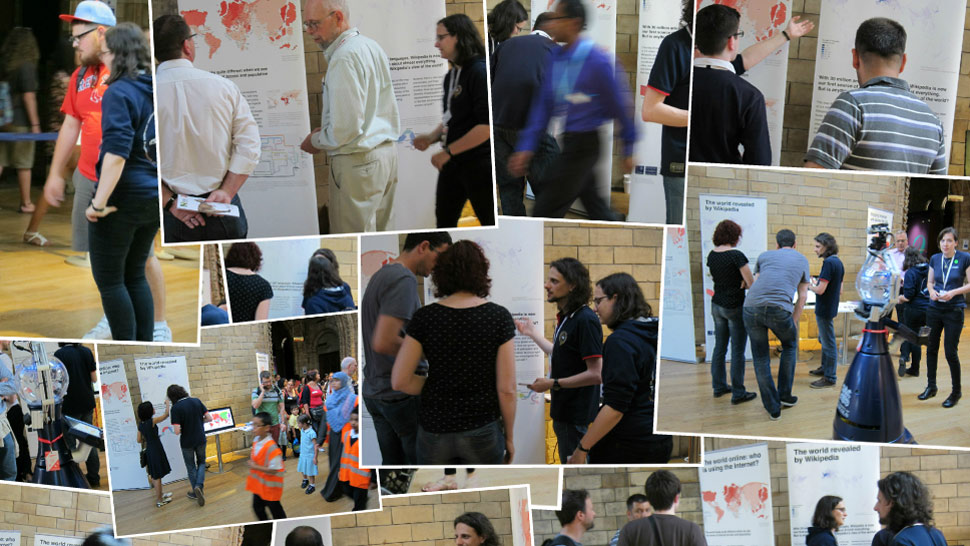Little is known about the geography of Internet use and online participation in Britain, although there is evidence of major geographic inequalities in access and use (eg Internet use in Scotland is 20 percentage points below the East Midlands). This research will produce the first detailed geographic estimates of Internet use. Specifically it will combine the Oxford Internet Survey (OxIS) with the census and several special-purpose datasets on important metrics of Internet use and participation (eg tweets, Wikipedia articles, photo uploads).
The project will investigate the geography of several types of use. First is simple use or non-use of the Internet. There are many ways of interacting with, using, and communicating through the Internet, so the project will also examine online buying and selling, social networking, banking and finance, information and entertainment seeking, politics and communication.
The Internet is a unique medium in that it allows ordinary users to create and distribute content. The project will thus explore online content production in the form of blogs, personal websites, uploading music or videos, and others. The project will use maps of the geographic distribution of use as well as multivariate, inferential studies that predict the geographic inequalities in digital Britain.
Read: Mapping the Local Geographies of Digital Inequality in Britain (Grant Blank, OII Policy Blog).
Publications
Blank, G., Graham, M., and Calvino, C. (2014) Mapping the Local Geographies of Digital Inequality. [contact the authors for the paper and citation details]
Researchers
Dr Grant Blank, Oxford Internet Institute, Unversity of Oxford (Principal Investigator)
Professor Mark Graham, Oxford Internet Institute, Unversity of Oxford (co-Principal Investigator)
Claudio Calvino, Oxford Internet Institute, Unversity of Oxford (Research Assistant)
Support
This work has been supported by the ESRC (Grant number: ES/K00283X/1).


We were very excited to have been chosen to present our Internet mapping work at Universities Week 2014, a national showcase of the impact university research makes on our everyday lives. We spent an amazing (and exhausting!) three days at London’s Natural History Museum, getting the public excited about the hidden and surprising world of the data we generate online. We presented our work on mapping the local geographies of digital inequality in Britain, together with other OII work on the worldwide geographies of information.
